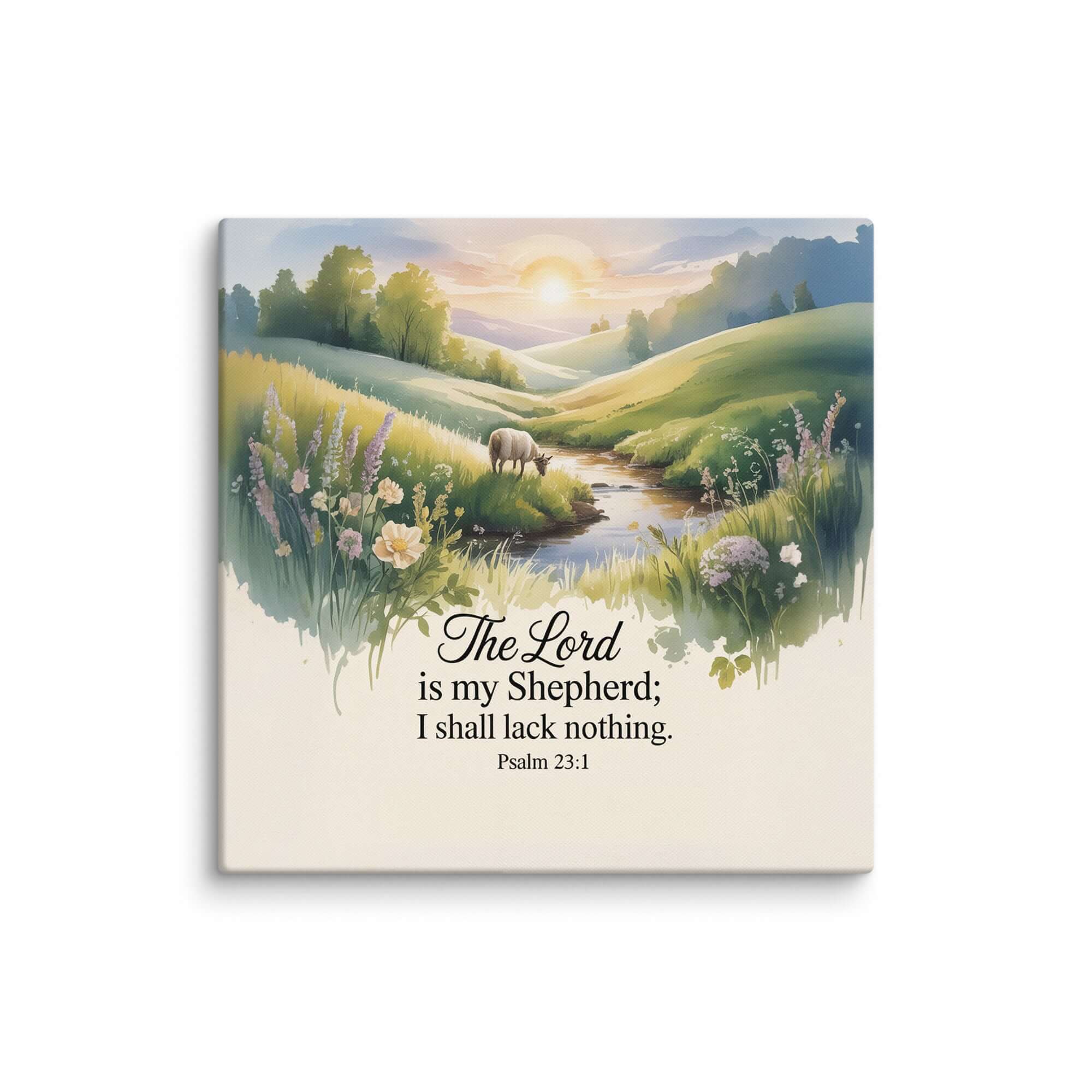The Bible is one book made up of many books, written over centuries by many people. These writers lived in different times and places. So, the Bible was not written in just one language. In fact, it was written in three main languages: Hebrew, Aramaic, and Greek.
Each language gives us a deeper understanding of the people, culture, and message of God.
Hebrew: The Language of the Old Testament
Most of the Old Testament was written in Hebrew. This was the language of the Jewish people. It’s a strong, poetic, and expressive language. Hebrew is still spoken in Israel today, but biblical Hebrew is older and a little different from modern Hebrew.
Books Written in Hebrew
- Genesis
- Exodus
- Leviticus
- Psalms
- Isaiah
- Malachi
Bible Verse Example in Hebrew
Genesis 1:1 (Hebrew):
בְּרֵאשִׁית בָּרָא אֱלֹהִים אֵת הַשָּׁמַיִם וְאֵת הָאָרֶץ׃
“In the beginning, God created the heavens and the earth.”
Aramaic: The Language of Everyday People
Parts of the Old Testament were written in Aramaic. Aramaic was the common language in the time of the later Old Testament prophets and during the time of Jesus. It was like the street language—people spoke it in everyday life.
Books or Sections in Aramaic
- Daniel (chapters 2–7)
- Ezra (parts of chapters 4–7)
- A few phrases in Jeremiah and Genesis
Bible Verse Example in Aramaic
Daniel 2:4: “Then the Chaldeans spoke to the king in Aramaic...”
Greek: The Language of the New Testament
The New Testament was written in Greek, specifically Koine Greek. This was a common form of Greek used throughout the Roman Empire. It was easy to understand and helped spread the Gospel message far and wide.
Books Written in Greek
- Matthew
- Mark
- Luke
- John
- Acts
- Romans
Bible Verse Example in Greek
John 1:1 (Greek):
Ἐν ἀρχῇ ἦν ὁ λόγος, καὶ ὁ λόγος ἦν πρὸς τὸν θεόν, καὶ θεὸς ἦν ὁ λόγος.
“In the beginning was the Word, and the Word was with God, and the Word was God.”
Summary Table: Languages of the Bible
| Language | Used In | Time Period | Who Spoke It | Bible Sections |
|---|---|---|---|---|
| Hebrew | Israel | 1400–400 B.C. | Jews | Most Old Testament |
| Aramaic | Babylon, Persia | 600–400 B.C. | Jews and surrounding nations | Parts of OT (Daniel, Ezra) |
| Greek | Roman Empire | 50–100 A.D. | Early Christians | Entire New Testament |
Why It Matters
Understanding the Bible’s languages helps us know God’s Word better. Sometimes, words in English don’t fully show what the original words meant. That’s why studying Hebrew, Aramaic, and Greek can bring deeper meaning to Scripture.
For example, the Hebrew word “shalom” means more than just “peace”—it includes wholeness, health, and blessing. The Greek word “agape” means a deep, selfless love that goes beyond feelings.
Final Thoughts
God used the languages of real people in real times to write His message. Today, the Bible has been translated into over 3,000 languages so that people everywhere can read His Word.
Romans 15:4
“For whatever was written in earlier times was written for our instruction, so that through perseverance and the encouragement of the Scriptures we might have hope.”
























